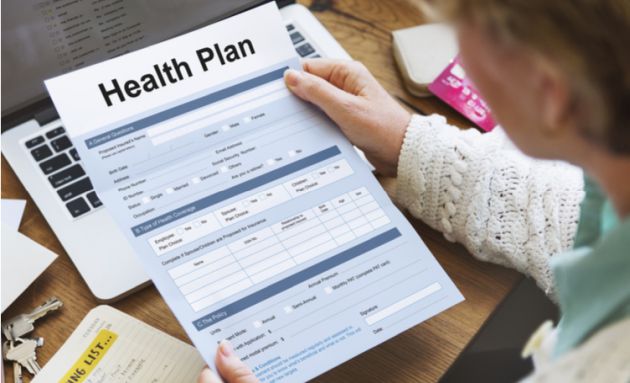6 Questions You Need To Ask On Your First Cancer Appointment
Aug 02, 2018

If you have been diagnosed with cancer and you are due for your first appointment, you will be wondering about the right questions to ask your doctor. Take some time to think about your questions and concerns before your appointment. This will ensure that you don’t go blank due to your anxiety or get distracted by conflicting emotions while you are talking to the doctor.
Key Questions You Need to Ask Your Oncologist
Here is a list of important questions about cancer that you should clarify with your doctor at your first meeting :
-
What Kind of Cancer Do I Have?
It’s important to know the particular type, size, and stage of your cancer as this will help you in getting the assistance and guidance you need. If your doctor talks about the stage of your cancer, then you should inquire about what it means and how it is going to affect you. Go through diagnostic tests in detail and ask for clarifications where you don’t understand something.
-
What if The Prescribed Treatment Approach is Ineffective?

You should always feel comfortable talking to your doctor about all aspects of your illness. It is important that you address all your concerns about the potential success and failure of treatment plans with your doctor throughout your journey with cancer. Ask your doctor what his/her plan is in the event that a treatment approach does not prove to be successful.
-
Does My Daily Routine Need To Change?

Your doctor might recommend changes to your diet or lifestyle based on your diagnosis and treatment plan. Your ability to work and continue with your job will depend on the particular details of your case. Ask your doctor about what to expect post-treatment and whether you need to take a sabbatical from work. Seek help from family and friends, especially if you have children, you will need someone to take care of them while you are undergoing treatment. If you’re unmarried or don’t have a partner, reach out to friends and family members and create a plan for pre and post-treatment care.
-
What Kind of Additional Support Can I Seek?
A cancer diagnosis will change your life in ways you cannot fully grasp in the early stages of this experience. Feelings of grief and anger are common, and it is extremely important to address the emotional turmoil you are likely to experience. Friends, colleagues, and family can give you references to counselling and support groups after your diagnosis. However, your doctor is linked to cancer counselling specialists who would give you more specific information on groups and clinics dealing with your particular diagnosis. Do not feel weak or judged - getting emotional support is a recommended and natural part of this entire process.
-
What Kind of Treatment Should I Opt For?

Once you have been diagnosed with cancer, your doctor will present you with a few treatment options and ask you to help with the plan. While this might seem like a daunting process, especially since most of us are accustomed to counting on the doctor for guidance, it is important to understand the different options and what they entail. If you feel the information is too overwhelming and you cannot make a decision, tell your doctor. Ask for help every step of the way and involve a family member or loved one in this discussion when needed.
Question your doctor about what treatment he/she recommends and why. Delve into the potential benefits of each and don’t shy away from discussing possible failures as well. Your doctor is an expert in his/her field and therefore his/her advice holds a lot of value, but ultimately the final decision is yours.
-
What Will the Treatment Side-Effects Be Like?
It is completely reasonable to ask your doctor about what to expect post-treatment. This helps you prepare, both, mentally and practically, with how to cope after chemotherapy or other treatment approaches. Also, it’s important to note that two people will not necessarily have the same response to treatment, and the intensity and duration of side effects may vary based on the type of treatment you receive. Knowing what to expect helps you manage cancer better, and improves the quality of your life.


